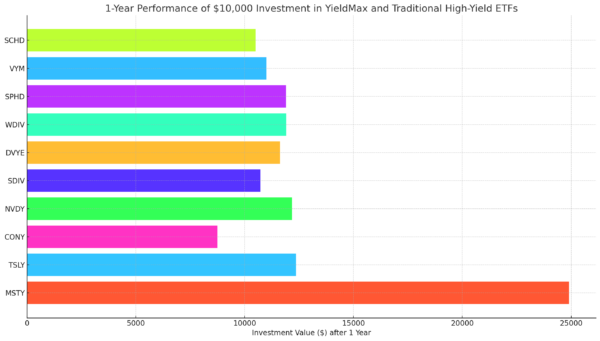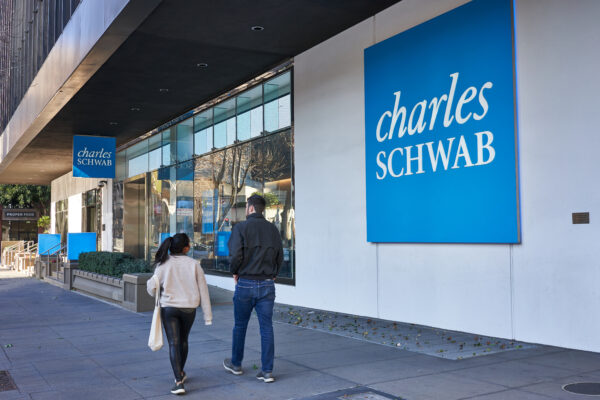Wells Fargo’s Dividend History and Safety
After the last financial collapse, Wells Fargo’s dividend history took a hit. In 2009, the company cut its quarterly dividend from $0.34 to $0.05. Then, in 2011, Wells Fargo started raising it again. Each year since, the big bank has started rewarding shareholders with more income.
Wells Fargo (NYSE: WFC) survived the last collapse with flying colors. It’s been one of the safest banks to own. Over the past decade it has had some setbacks, along with the recent financial sector tumble, but this has created a better buying opportunity.
With the drop in share price, the dividend yield has climbed to more than 7%. A high dividend yield like that is hard to find. So let’s take a look at the business, its dividend history and its payout safety going forward.
Also, before we dive in, you might want to check out our Investment Calculator. It’s free to use and can help you see how your investment portfolio can grow. Will it take you five, 10 or 20 years to reach your retirement goal?
Wells Fargo Business Overview
Wells Fargo is a $113 billion business. The company is based out of San Francisco, California, and has 259,800 employees. Last year, Wells Fargo pulled in $104 billion in sales, which works out to about $400,000 per employee.
The big bank offers a wide range of financial services and has a credit rating of A- from the S&P. This allows Wells Fargo to issue cheap debt to grow its business and finance other initiatives.
Until recently, Wells Fargo was repurchasing a big chunk of its outstanding shares. When its share price is down, this is better for existing owners. And this is just one of many ways the company has returned value to shareholders…
Wells Fargo Dividend History
Wells Fargo paid investors $0.20 per share a decade ago. Over the last 10 years, the dividend has climbed to $1.92 – an 860% increase. You can see the annual changes below…

The compound annual growth is 25.4% over 10 years… but over the last year, the dividend climbed 17.1%. There has been a lot of money sloshing around the financial sector, and Wells Fargo might be a great income investment going forward. Let’s take a look at the yield…
Wells Fargo Current Dividend Yield vs. 10-Year Average
Wells Fargo’s long history of paying dividends makes it one of the best dividend stocks around. This also makes the dividend yield a great indicator of value. A higher yield is generally better for buyers. Sustainability is also vital, and we’ll look at that soon.
The dividend yield comes in at 7.38%, well above the 10-year average of 2.78%. The chart below shows the dividend yield over the last 10 years…

The high dividend yield shows that investors have bid down the company’s market value. They might be expecting higher growth and payouts. But more often than not, the dividend yield reverts to the mean as the share price changes.
Is Wells Fargo’s Dividend Safe?
Many investors look at the payout ratio for dividend safety. They use dividend per share divided by the net income per share. So a payout ratio of 70% would mean that for every $1 Wells Fargo earns, it pays investors $0.70.
The payout ratio is a good indicator of dividend safety… but accountants manipulate net income. They adjust for goodwill and other non-cash items. A better metric is free cash flow.
Here’s Wells Fargo’s payout ratio based on free cash flow over the last 10 years…

There was a spike in 2016 due to a big hit to free cash flow, although, the next two years it dropped back well below 100%. Then, last year, the payout ratio was 125%. And when 2020 data rolls in, it might climb higher.
This isn’t a great sign, but Wells Fargo has the balance sheet to manage a few tough years. The company could cut its dividend to conserve more capital. But it’s not likely if the economy as a whole follows the stock market’s quick rebound.
Wells Fargo’s dividend history will likely continue for many decades to come. If you’re interested in more investing opportunities, sign up for our free e-letter below. It’s packed with tips from market experts. Whether you’re new or already an experienced trader, you’ll find some unique insight.





